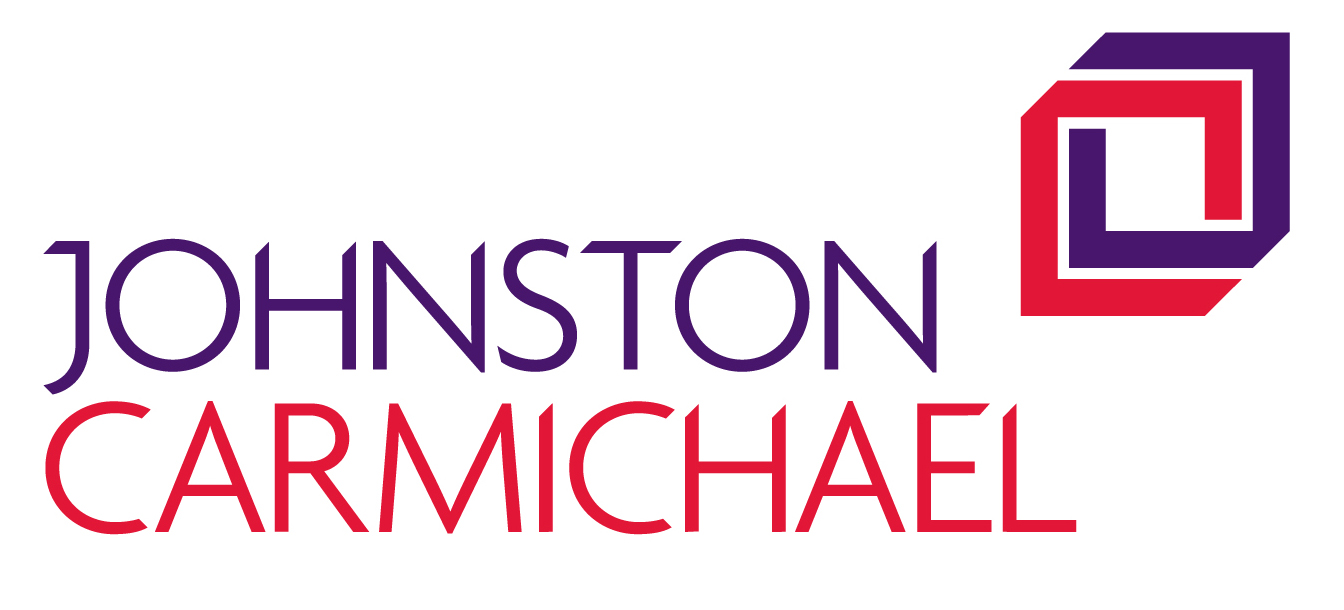Scott McFarlane: A festive tip – make sure employers meet their obligations on employee payments

Scott McFarlane
Scott McFarlane looks at the challenges businesses face in complying with National Minimum Wage and new tipping regulations during the Christmas season.
As the festive season approaches, hospitality and retail businesses are gearing up for a surge in activity. Christmas marks a significant spike in consumer spending, and for many companies, it’s the most profitable time of year.
This increased demand often brings a higher workload and the need to hire seasonal staff so it can be a stressful time for employers from an operational, administrative and cost perspective. It is therefore understandable that compliance and tax considerations are not their immediate priority at this time of year.
However, these areas should not be overlooked if employers do not wish to end up on the naughty list. This is especially so in a couple of areas of new and existing legislation which impacts employees’ pay; the new Employment (Allocation of Tips) Act (the Tipping Act) and the National Minimum Wage (NMW). Getting these wrong could create issues such as employee disengagement, legal recourse, penalties and reputational damage, on top of the cost implications.
These areas allow for payments to be made to employees on a fair and transparent basis for the work they undertake. Understanding the distinction between the two areas is essential when it comes to making sure that employees receive what they are entitled to, and that the employer is not falling foul of the legislation.
NMW is the legally mandated baseline pay that employers must provide to workers. These minimum rates are based on the worker’s age and must be paid for every minute the employee works. Importantly, employers cannot use tips to help fulfil the NMW requirement. Regardless of how much staff may earn in tips, employers must ensure they are paid at least the NMW.
In the UK, the minimum wage is regularly reviewed and adjusted to reflect inflation and will now also include the costs of living. In the recent Autumn Budget, Chancellor Rachel Reeves announced significant increases to NMW rates, with the minimum wage for over 21s going up by 6.7%, to £12.21 from April 2025.
During Christmas, many seasonal staff are younger, on short-term contracts, or staff may undertake more overtime with extended operating hours. Ensuring all employees are paid correctly given the complex nature of the legislation can be challenging for businesses already managing increased workloads.
The new tipping regulations were introduced on 1 October requiring businesses to implement clear, written policies outlining how tips are handled and distributed. These policies must promote a fair and transparent distribution of tips and be communicated to all workers, including temporary and agency staff.
Employers are also now prohibited from withholding any tips- the law mandates that 100% of tips go directly to employees. This may add administrative responsibilities and cost to businesses.
The hospitality industry faces unique challenges in managing both tipping and minimum wage compliance, particularly during the festive season. The complexity of wages and tips increases, making it vital for businesses to have clear systems in place. Johnston Carmichael regularly advises businesses on how to navigate these challenges and stay compliant.
As mentioned, non-compliance with NMW and tipping rules carries serious consequences. Public trust is essential, and mishandling wages or tips can lead to negative press, dissatisfied customers, and demoralised staff.
To avoid costly mistakes, businesses should take a proactive approach. For tipping, as mentioned above, this means having clear, written policies in place and communicating them to all workers. Processes should also be built around the collection and fair distribution of all tips and service charges. Consideration of a TRONC arrangement could also save business national insurance on the distribution of the tips.
For NMW compliance, most breaches are technical in nature rather than deliberate. Businesses must have processes and systems which allow the employer to identify the worker type, to accurately track hours worked, and factor in any work-related payments, deductions or policies that could impact pay, and to ultimately pay at least the NMW in every pay period for every worker.
While larger businesses may have some automated systems and dedicated tax departments to manage these issues, smaller companies must be equally vigilant. They often lack the internal resources to handle complex regulations and may need to rely on external advisers for guidance.
And remember, policy and process in these areas is not just for Christmas. Businesses must look at the longer-term impact. With the upcoming NMW increases, and a move to a single adult rate, on top of rising national insurance and operational costs, the pressure on businesses will only intensify in the coming months.
By ensuring that robust processes are in place, companies can protect themselves from legal and financial pitfalls, while maintaining a motivated and fairly compensated workforce.

Scott McFarlane is employer services senior manager at Johnston Carmichael










